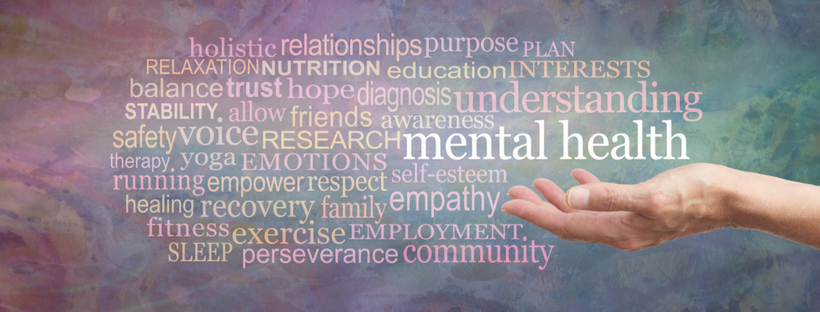
The Future of Mental Health Therapies
There is much progress that still needs to be made, but the future of mental health is looking very promising, as technology and new drug research have opened up exciting new treatment possibilities, including the emergence of apps.
To view the full article please register below:
The Future of Mental Health Therapies
There are 20 main classes of mental illness, ranging from schizophrenia and bipolar disorders to anxiety and depressive disorders. Today’s treatments—which include medications, psychotherapy and brain-stimulation—are of varying effectiveness.
There is much progress that still needs to be made, but the future of mental health is looking very promising, as technology and new drug research have opened up exciting new treatment possibilities.
As in so many facets of our lives, technology will play an important role in the future of mental health care, and one shape it’s taking is through the development of apps.
Sophisticated apps are being developed for smartphones whose sensors will collect information on a patient’s behaviors, looking for breaks in behavioral patterns that may signal a crisis is imminent. The advantages of convenience, 24/7 monitoring, reasonable cost and the expanded population it can support (e.g., rural population) speak to how important these new apps will be.
Emerging apps will take a number of forms, including self-management apps (e.g., medication reminders), cognitive remediation, skill training, illness management, data collection and symptom tracking.
Virtual reality may become an important tool for exposure therapies for anxiety disorders and PTSD.
A new class of drug therapies may also be upon us. Psychedelic drugs—like psilocybin, LSD and MDMA (aka ecstasy)—are gaining the interest of research scientists. Over the last 10 years, the number of clinical trials involving psychedelic drugs has gone from just three in 2010 to 17 trials conducted in 2020.1
The medical uses are especially promising for treating mental health disorders, such as PTSD, depression, alcohol-use disorder and anorexia nervosa.
For example, Johns Hopkins recently formed its Center for Psychedelic and Consciousness Research, which is studying the use of psilocybin for disorders from smoking addiction and depression to anorexia nervosa and Alzheimer’s disease.
Also, expect advancements in the way we diagnose mental illness. One interesting study is the Qatar Biobank and Qatar Genome Program, which are sequencing the human genome of the country’s entire population, looking to identify biomarkers of depressive disorders. There are other studies examining the relationship between mental health and the gut microbiome, which could lead to a revolutionary treatment approach—fecal microbiota transplants.
Finally, expect the mental health therapy industry to be disrupted by new online and tele-mental health providers. Greater accessibility and a more affordable cost should expand the number of people who, today, are locked out of an expensive 20th century delivery model.
Please reference disclosures: https://blog-dev.americanportfolios.com/disclosures/












